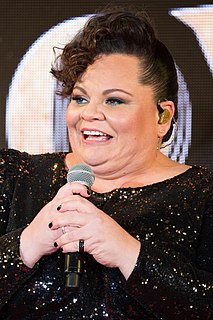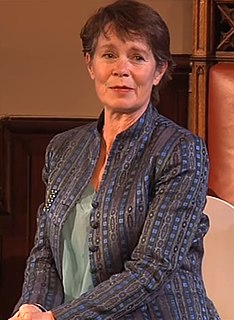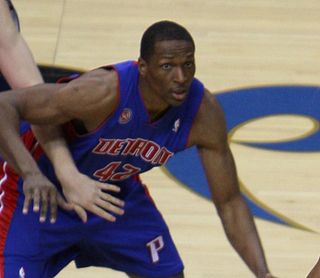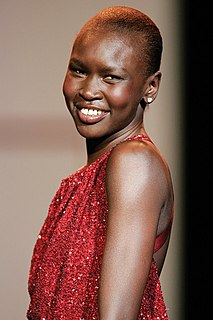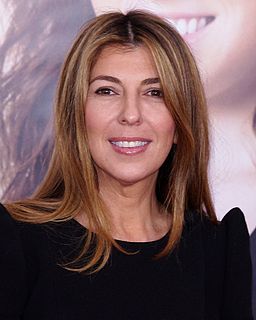A Quote by Janet Reno
My mother taught us to play baseball, to bake a cake, to play fair - she beat the living daylights out of us sometimes, and she loved us with all her heart; she taught her favorite poets, and there is no child care in the world that will ever be a substitute for what that lady was in our life.
Related Quotes
I was raised by a lady that was crippled all her life but she did everything for me and she raised me. She washed our clothes, cooked our food, she did everything for us. I don't think I ever heard her complain a day in her life. She taught me responsibility towards my brother and sisters and the community.
If I look back, my mother was always out. I can remember the perfume and her scarlet chiffon dress and crystal beads, going to a party. She used to play her violin at restaurants later on in life and at old people's homes. She loved the races, which she used to take me to as a child: our carpets were bought with her winnings. Loved her chickens.
My mom would never let us quit. She always taught us the importance of sticking with it, even when times are tough. We didn't just hear her, we watched her. I know what to do because she led the way. She showed us that if you put your mind to it, you can accomplish the world. No matter where you're from and what you're up against.
Sometimes, she said, mostly to herself, I feel I do not know my children... It was a fleeting statement, one I didn't think she'd hold on to; after all, she had birthed us alone, diapered and fed us, helped us with homework, kissed and hugged us, poured her love into us. That she might not actually know us seemed the humblest thing a mother could admit.
One thing I did have under my belt was, my mother lost her mother when she was 11. She mourned her mother her whole life and made my grandmother seem present even though I never met her. I couldn't imagine how my mom could go on but she did, she took care of us, she worked two jobs and had four children. She was such a good example of how to conduct oneself in a time of grief. When I lost my husband, I tried to model myself as much as I could on her.
For a mother the project of raising a boy is the most fulfilling project she can hope for. She can watch him, as a child, play the games she was not allowed to play; she can invest in him her ideas, aspirations, ambitions, and values - or whatever she has left of them; she can watch her son, who came from her flesh and whose life was sustained by her work and devotion, embody her in the world. So while the project of raising a boy is fraught with ambivalence and leads inevitably to bitterness, it is the only project that allows a woman to be - to be through her son, to live through her son.
Our mother always taught us to be in control of our voice and our bodies and our work, and she showed us that through her example. If she conjured up an idea, there was not one element of that idea that she was not going to have her hand in. She was not going to hand that over to someone. And I think it's been an interesting thing to navigate, especially watching you do the same in all aspects of your work: Society labels that a control freak, an obsessive woman, or someone who has an inability to trust her team or to empower other people to do the work, which is completely untrue.
In my earliest of years, my mother was a huge force in my life. She was for all intents and purposes, a single parent. My father had abandoned us. He was an alcoholic and a physical abuser. My mother lived through that tyranny and made her living as a domestic worker. She was uneducated but she brought high principles and decent values into our existence, and she set lofty goals for herself and for her children. We were forever inspired by her strength and by her resistance to racism and to fascism.
Kangana has started believing in her own myth. She says she taught feminism to the film industry, she taught it nationalism. I'm glad she spelled that out because nobody else had noticed! I think she fears the day when she will no longer be in the headlines and so has to keep making outrageous statements to stay in the news.
My mother didn't feel sorry for herself, she was left with no child support, no alimony at a very young age, with a child to raise, a high school education and she just figured it out. She didn't complain, she didn't rely upon government, she relied upon her own skill set, her own self confidence, her own drive in moxie and her own duty to me and her and she relied upon her family and her faith.


